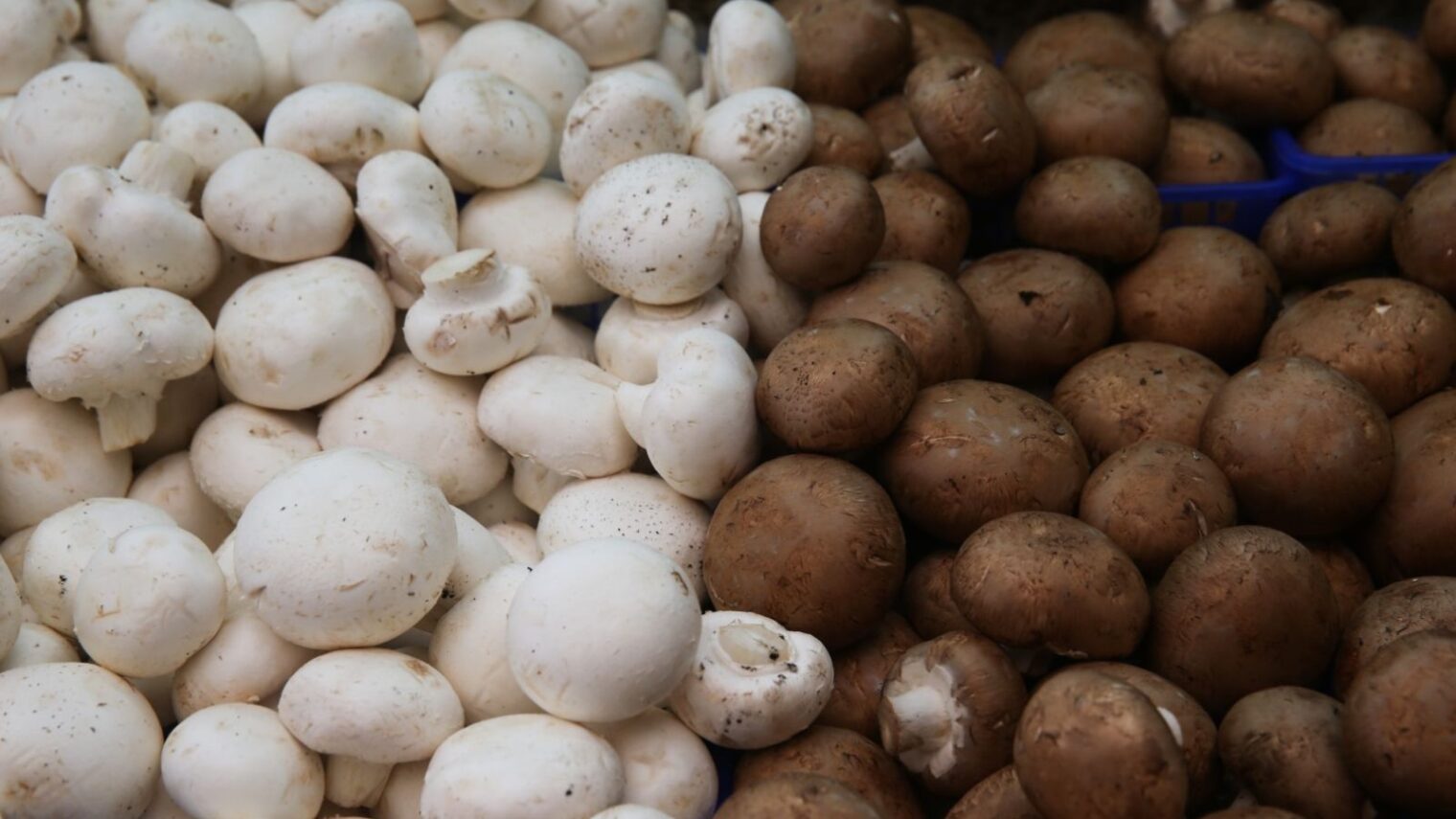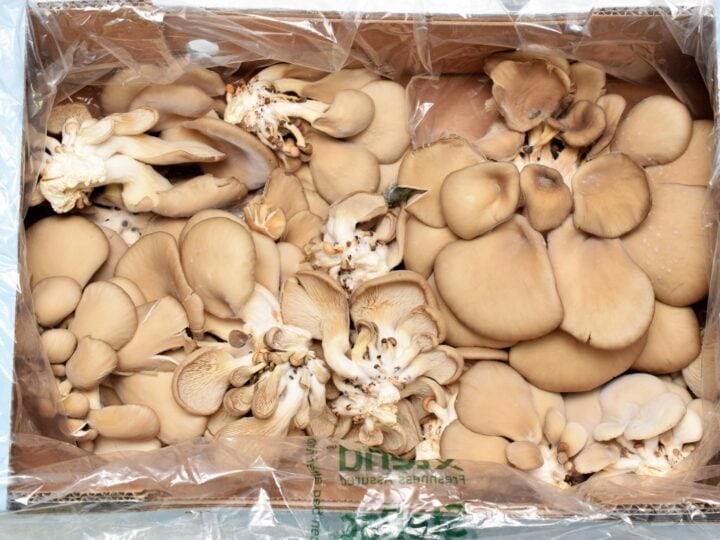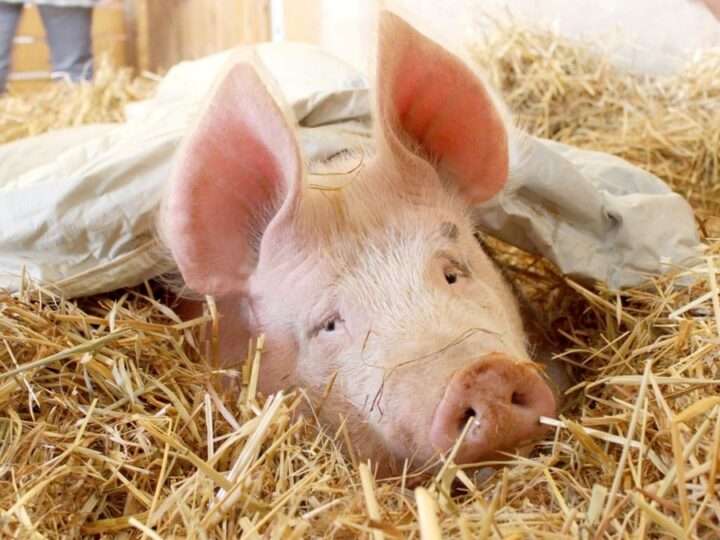Mushroom farmers and marketers from across the world were introduced to a unique Israeli irrigation technology called Mushroom Master during Mushroom Days 2016, the 34th annual international tradeshow for the mushroom industry, in the Netherlands.
Mushroom Master, the world’s first system for the drip irrigation of mushrooms, comes from Israel-based multinational company Netafim, pioneer of smart irrigation solutions used in about 110 countries.
The sustainable system was developed over six years in partnership with the MIGAL-Galilee Research Institute, Champignon Farm at Moshav Zarit, and Bar Agricultural Works to offer several revolutionary advantages for growers of the edible fungus.
“By introducing a new approach to mushroom irrigation, Mushroom Master is changing the mushroom-growing landscape, enabling growers to increase yield quality significantly,” says Netafim Agronomy Director Dubi Raz.
This is big news for the troubled $4 billion mushroom industry.
“It’s really a breakthrough because in certain territories mushroom growers are almost losing money,” Raz tells ISRAEL21c.
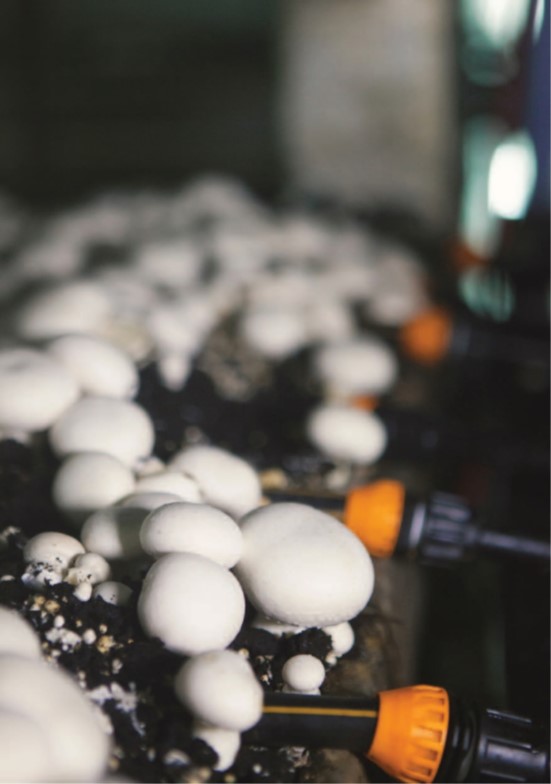
Netafim’s model mushroom farm in Holland provided proof to Mushroom Days visitors that the patented Mushroom Master “can make this industry viable in countries where they were going to stop growing mushrooms,” says Raz.
The problem is most acute in countries where mushroom farmers must import expensive heavy peat casing soil to hold the large amounts of water from traditional sprinkler irrigation. One of the benefits of Mushroom Master is that it radically reduces the amount of casing soil needed.
Irrigated throughout the growing cycle
Raz explains that Portobello and champignon mushrooms – which account for 70 percent of the mushroom market – are grown on shelves filled with compost and casing soil. After germination, “flushes” of mushrooms emerge once a week for the next three weeks.
It’s challenging to produce market-quality mushrooms from the final (third) flush because sprinkle irrigation during the week between the second and third flushes turns the mushrooms brown from bacterial blotch. They can be chemically bleached or put under an energy-intensive dryer after irrigation, or alternatively extra casing soil can keep the third flush wet from underneath. Many farmers cannot afford any of these expensive measures.
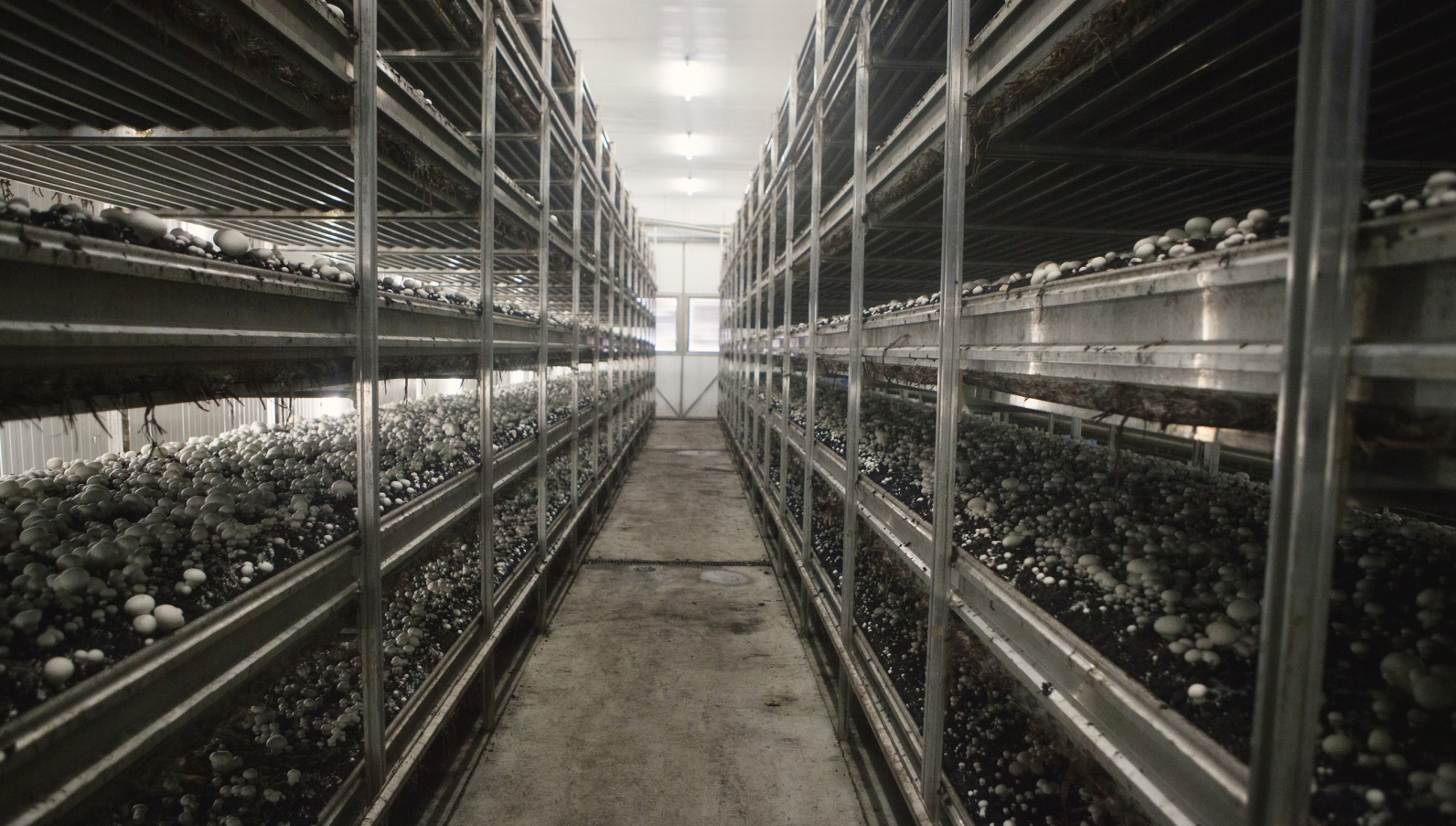
“In Holland and other places, they can’t sell the third flush as fresh produce, and the profit goes down,” says Raz.
Comprised of Netafim’s low-flow compensated non-leakage (CNL) drippers, a controller that uses proprietary software to monitor irrigation conditions, and a mechanical deployment system, Mushroom Master releases small, precise amounts of water in quick pulses. The mushroom beds are thus irrigated throughout the entire growing cycle without wetting the caps.
As a result, yields are increased at least 10%, casing soil usage is reduced by up to 30%, energy and water costs are reduced by 20%, and farmers can harvest A-quality mushrooms from the third flush, the company claims.
“With Netafim’s easy-to-use drip system we get greater yields, better quality and a higher picking rate per hour,” said Paul van den Berg, owner of the Netherlands model farm.
“Thanks to Netafim’s system, we’ve increased yields by about 30%, and we can grow a plentiful, high-quality third flush,” said Eran Kobi of Champignon Farm, which provides 40% of the mushrooms sold in Israel. “We also import less casing soil from Ireland, which further reduces costs.”
Raz reports that Netafim has gotten inquiries from potential customers in countries such as the United States, Mexico, Brazil, New Zealand, Australia, Poland, Ukraine and South Africa, including Monterey Mushrooms, a large grower with sites in the US and Mexico.
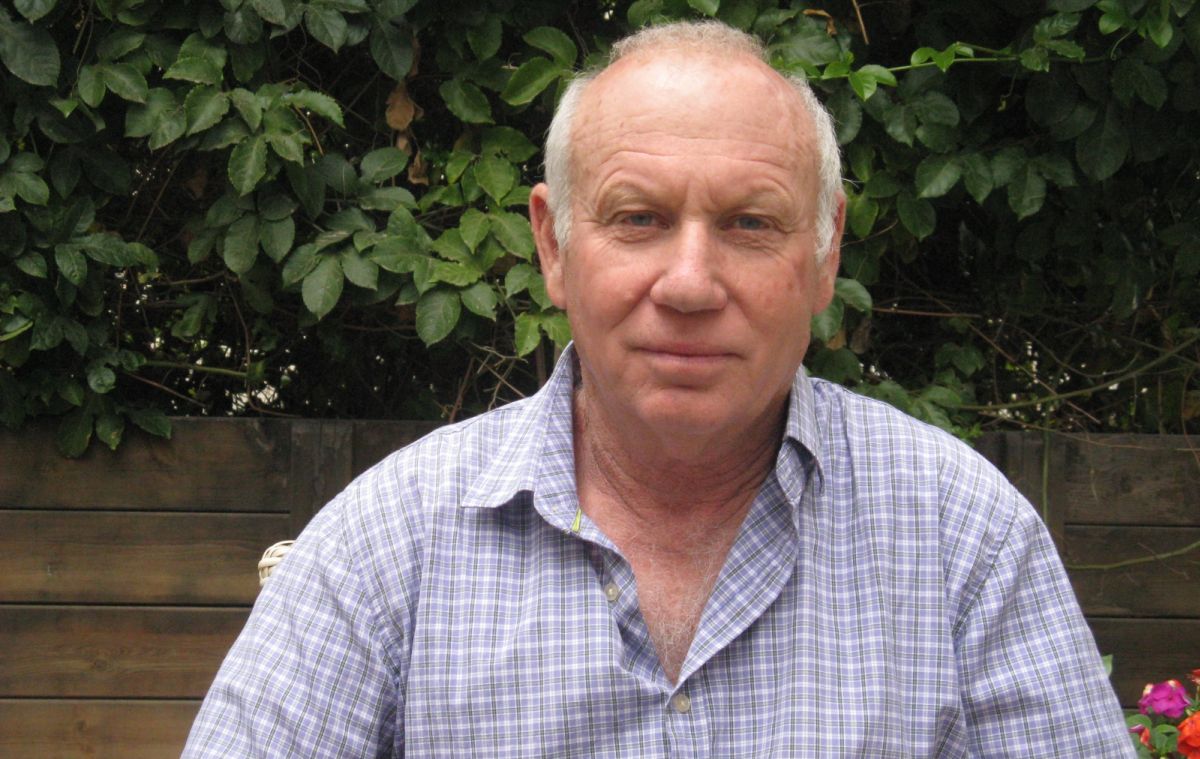
After installation, Netafim will provide training on site. Customers may purchase a controller through which the Israeli team can remotely monitor the mushroom farm and offer advice long distance. Each system will be customized, Raz adds.
“In every place the compost and casing soil and conditions are a bit different, so everyone will need their own recipe.”
All the components of Mushroom Master are designed and manufactured in Israel, including the multi-use drip lines that are washed and disinfected by machine after each growing cycle to cut down on labor and materials costs.
Though the system is specific to mushrooms grown on shelves, Raz says the industry is increasingly going to this model, so other types of mushrooms may soon benefit from Mushroom Master as well. In the year ahead, he expects initial sales of $3 million to $5 million.
For more information, click here.




